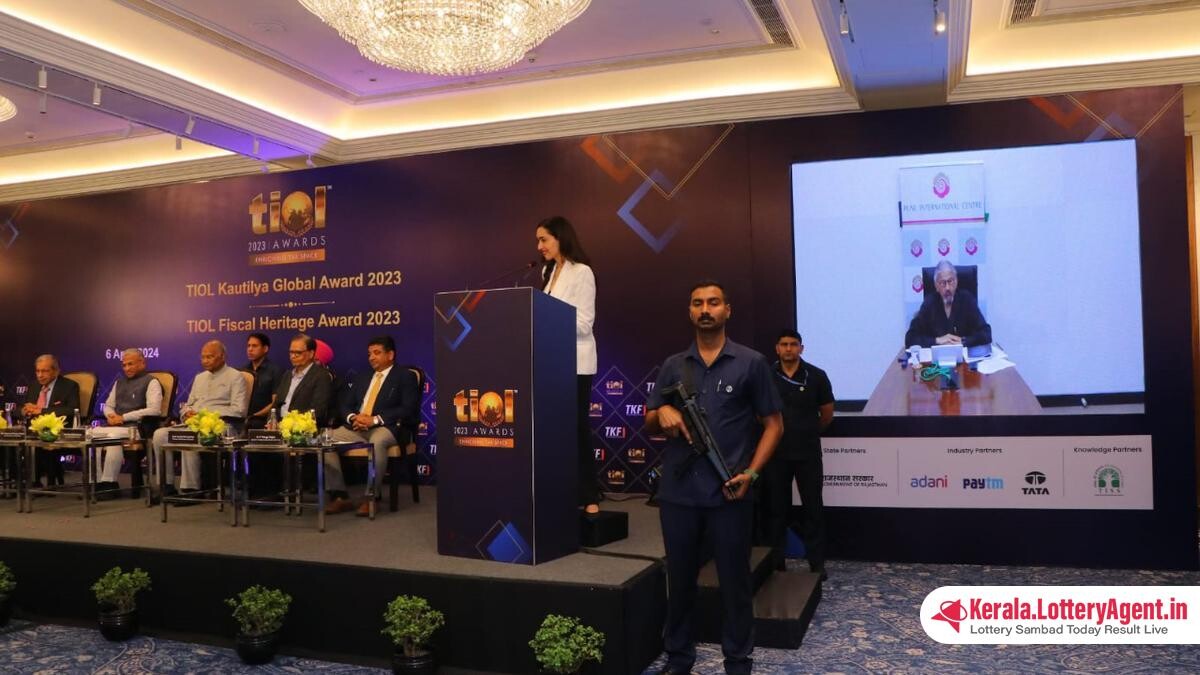
In a sweeping critique of India’s Goods and Services Tax (GST) system, Vijay Kelkar, the chairman of the Thirteenth Finance Commission and a central figure in the country’s tax reform efforts, has urged the incoming government to implement pressing changes to what he describes as an overly intricate GST regime. Kelkar advocates for a transition to a single 12% tax rate, alongside a proposal for revenue sharing with local governments and municipal corporations.
Kelkar, who also served as the Finance Secretary, has recommended that the GST Council, which is the apex decision-making body overseeing the indirect tax initiated in July 2017, should have an independent secretariat. The current arrangement, where the Union Government spearheads the secretariat, might be regarded as contentious by States, he warns.
He flagged the current GST rate structure as being particularly convoluted, complete with multiple rates and a compensatory cess on certain goods. According to Kelkar, simplifying this framework is imperative for the fiscal reform necessary to help the GST achieve its full potential. The establishment of tax rates principally to maintain revenue neutrality, as has been practiced in India, has been characterized by the renowned economist as counterproductive.
High GST rates, Kelkar highlights, are at the root of tax fraud within the system, providing strong incentives for fraudsters to evade taxes. While receiving the TIOL Fiscal Award, he stressed the urgency of overhauling the system. To remedy this, he proposes a unified GST rate of 12%, with equitable revenue distribution among all government layers and union territories.
Kelkar points out that a majority of countries with GST or VAT (Value Added Tax) regimes have adopted a single rate system. Countries such as Singapore, New Zealand, the UAE, and Japan, which have embraced single tax rates and straightforward tax laws, have reaped the benefits in tax revenue optimization and minimization of tax disputes.
The former Finance Secretary reminisces about the early recommendations of the 13th Finance Commission for a single 12% rate, which remains an unrealized objective for India. Such a singular rate, he argues, can not only simplify the tax structure but can also significantly diminish classification disputes, thereby bolstering the manufacturing sector and exports.
Additionally, Kelkar advocates for doing away with the antiquated practice of differential taxation for essential versus luxury goods and services. A radical reform, in his view, would involve instituting a single GST rate supplemented by non-VAT-able levies, such as carbon taxes on particular demerit goods like hydrocarbons.
Regarding the administrative assistance provided by the Union Finance Ministry to the GST Council during its initial decade, Kelkar posits this support as understandable. However, he cautions that State Governments, which are also members of the GST Council endowed with equal rights, might perceive the current administrative framework as not entirely neutral or impartial in the guidance it extends to the council.
Kelkar strongly advocates for the dispersion of GST revenues to the third tier of the government, established by the 73rd and 74th Amendments to the Constitution. He notes the dire shortfalls in the fiscal capacity of urban local bodies to invest in critical infrastructure or supply high-quality public goods. Democratization and urban governance would be significantly reinforced by enabling fair allocation of GST revenues to this third tier.
For this allocation to occur, Kelkar underlines the necessity of a Constitutional amendment to establish a consolidated fund for local governments and to reform the GST structure for equitable revenue sharing among Centre, State, and local bodies such as municipal corporations. He emphasizes that since GST is a consumption tax, it’s only fair and appropriate that taxpayers witness direct benefits from their tax contributions. Such an approach would also likely enhance governance quality by local bodies, as citizens will inevitably raise their expectations for superior public services.
Kelkar’s critique and suggestions form a clarion call to reshape India’s tax landscape, aiming to simplify the GST structure, promote economic growth, and deepen democratic governance through more equitable fiscal policies.












